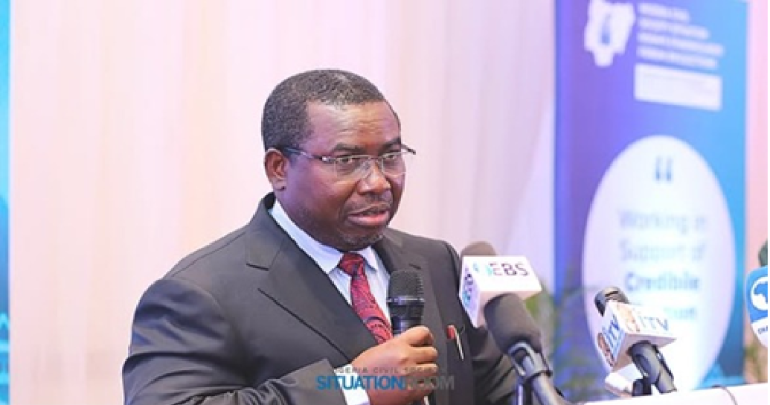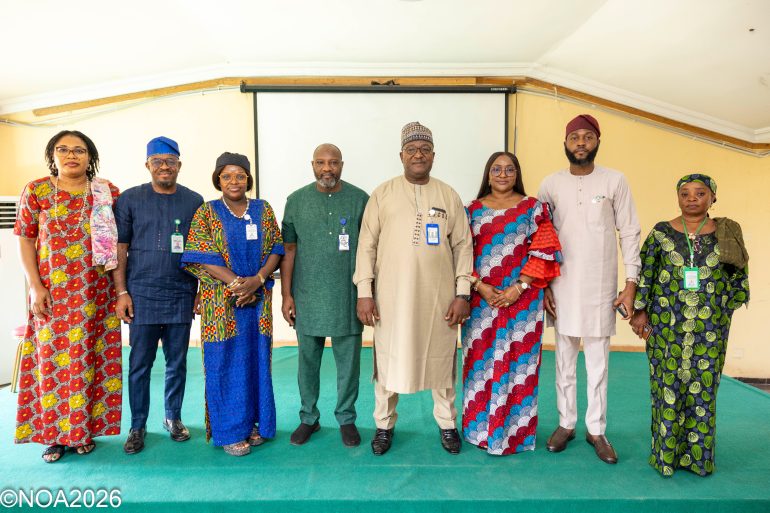Listeners:
Top listeners:
-
play_arrow
104.9FM Best rock music demo
-
play_arrow
Demo Radio Nr.1 For New Music And All The Hits!
-
play_arrow
Demo Radio Techno Top Music Radio
-
 play_arrow
play_arrow
Police Commissioner Launches Weapon and Riot Control Training for FCT Officers Democracy Radio
By Oluwakemi Kindness
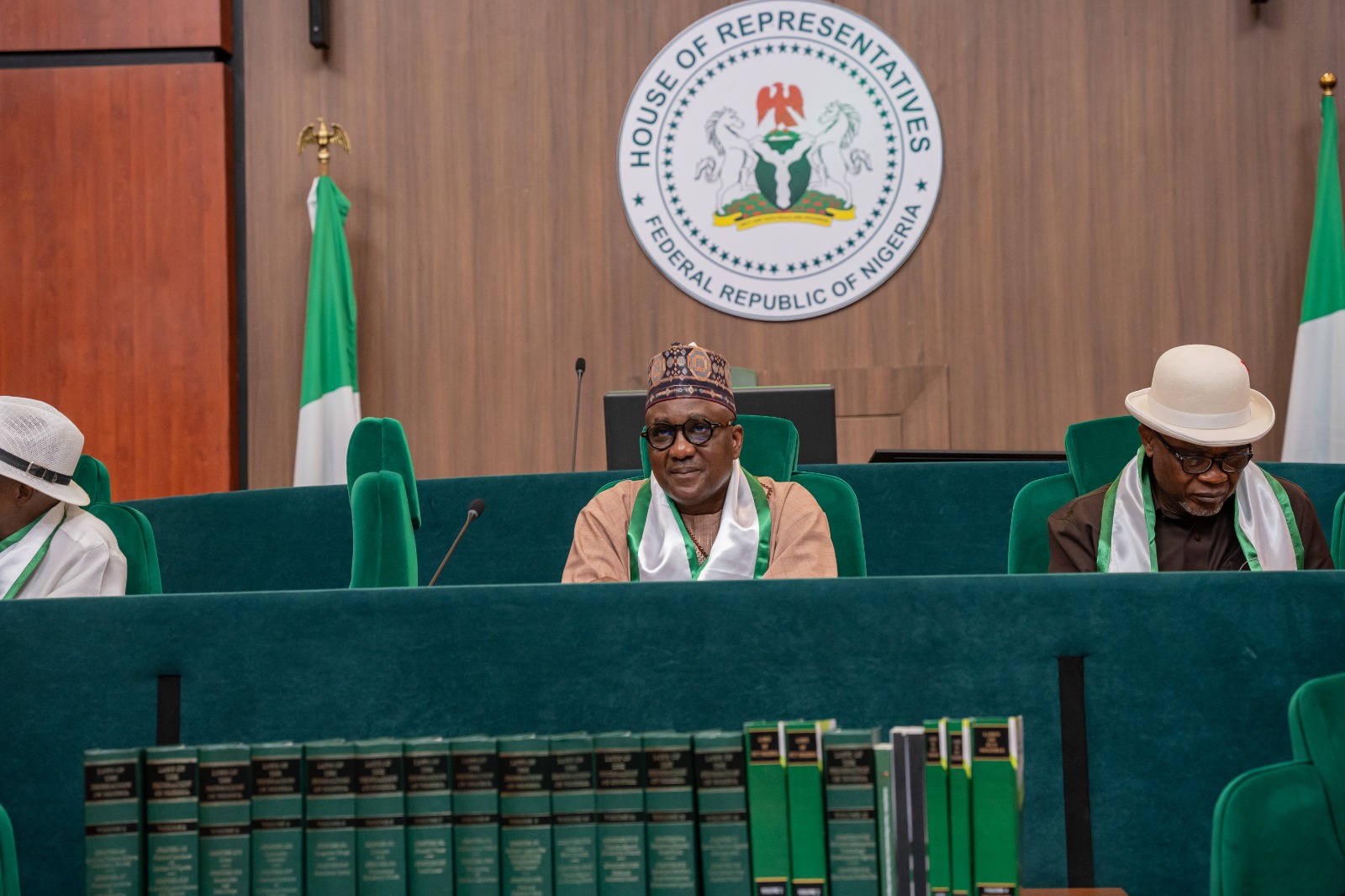
The Speaker of the House of Representatives, Abbas Tajudeen, has unveiled the mid-term legislative scorecard of the 10th House, highlighting the passage of 237 bills.
This he said is with a new constitutional amendment for reserved legislative seats for women and persons with disabilities (PWDs), and a renewed commitment to democratic inclusivity.
According to the Speaker, the House has introduced 2,263 bills since its inauguration, with 1,478 already passing Second Reading and 237 transmitted for presidential assent.
Among these, 55 have been signed into law, including landmark legislation such as the Student Loans Act, Electricity Act (Amendment), Tax Reform Acts, and the Cybercrimes (Amendment) Act.
He stated this while delivering his keynote address at the opening ceremony of the 2025 House of Representatives Open Week in Abuja, where he described the initiative as both a moment of reflection and a platform to deepen public trust in governance.
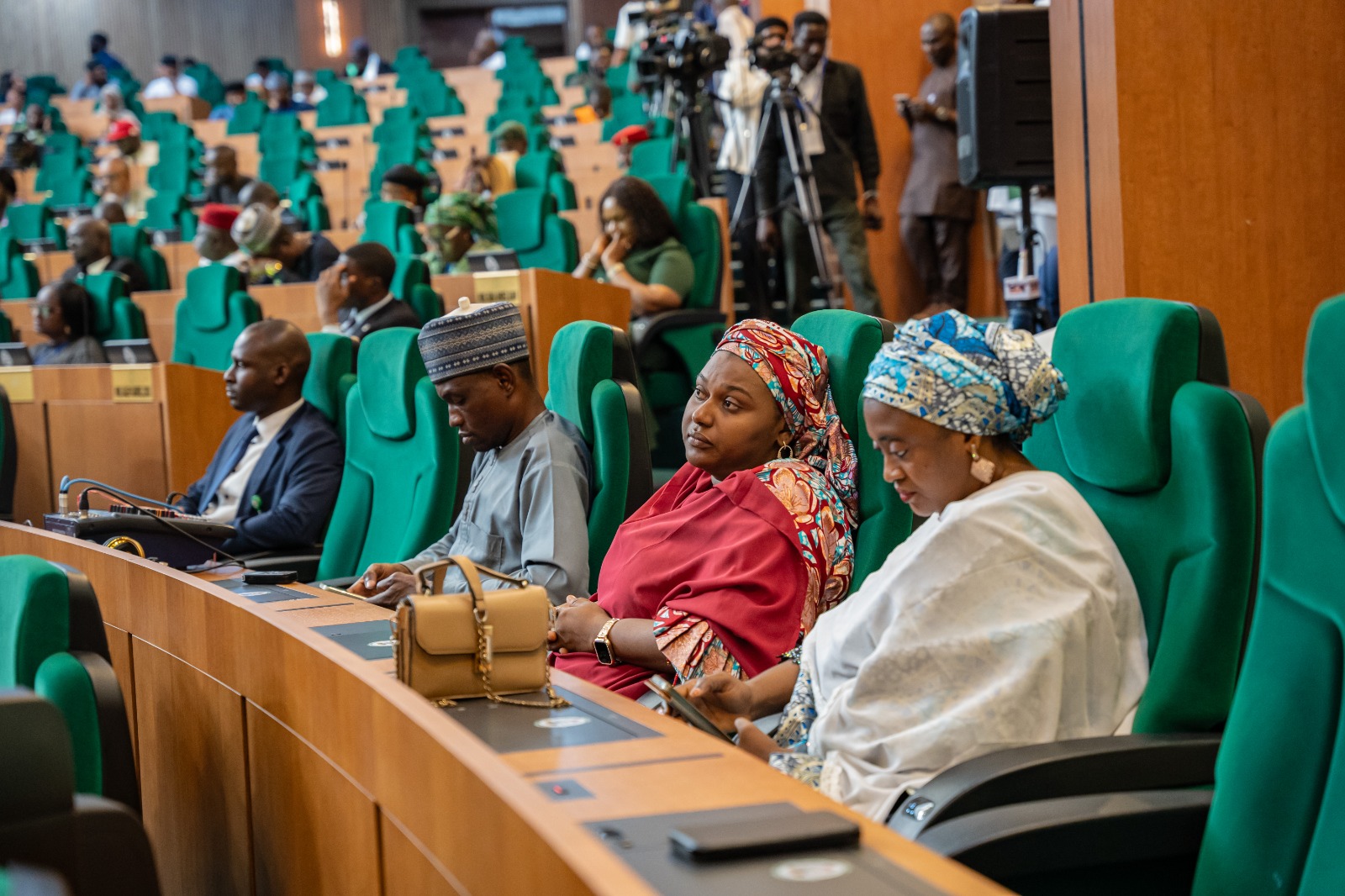
Speaker Abbas commended citizens, civil society, and development partners for their active engagement and reaffirmed the House’s dedication to responsive and accountable leadership.
“Today, as we launch the mid-term legislative scorecard of the 10th House of Representatives, we recognise that this is a critical moment in our tenure,” he said.
Speaker Abbas noted that the scale and depth of legislative activity signal a growing institutional maturity and a commitment to national development.
“These figures indicate a steady upward trend since 1999, highlighting an ever-growing legislative capacity and competence,” he added.
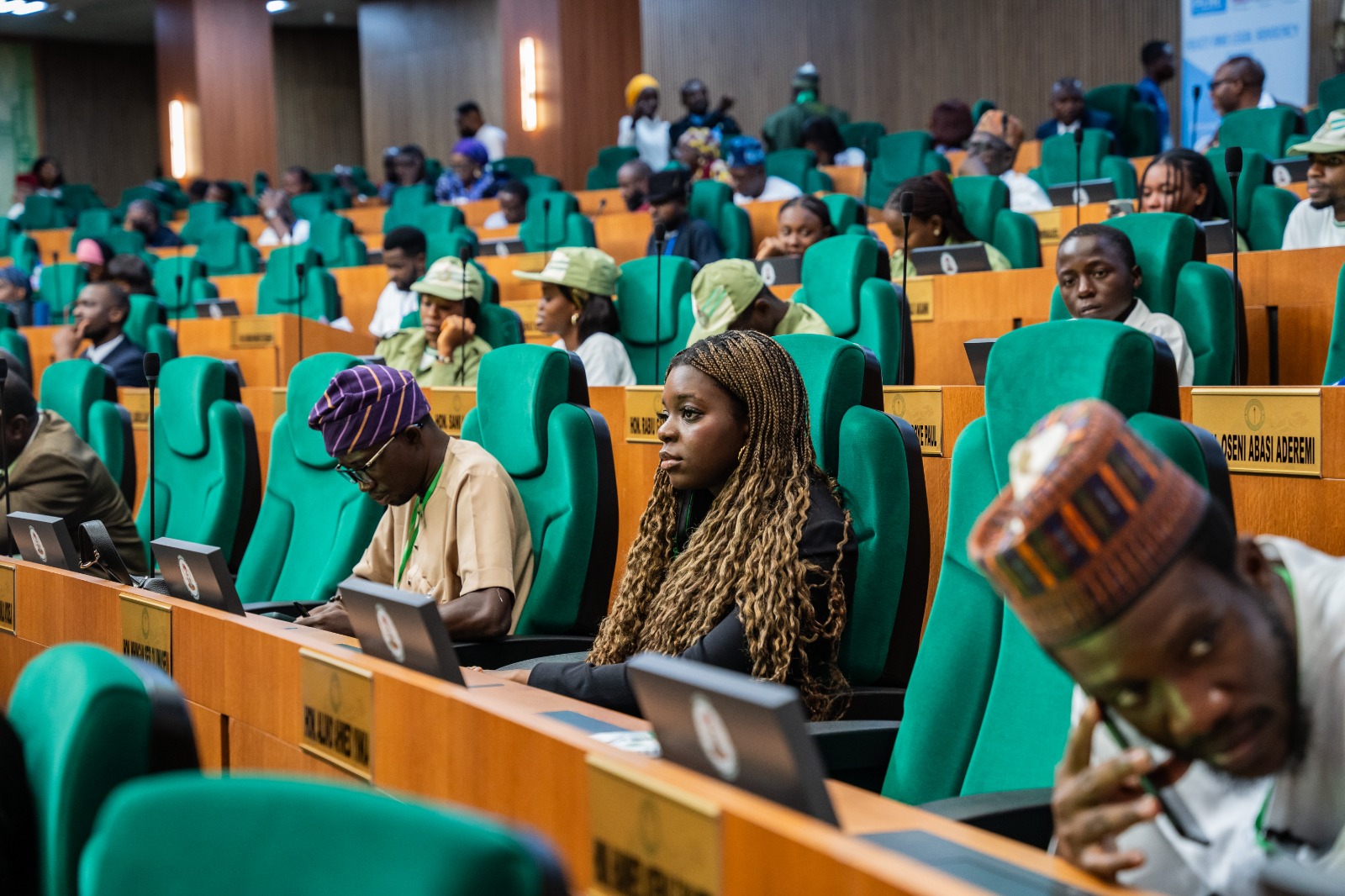
The Speaker also reported that members have sponsored over 1,100 motions in the past two years, 36% of which addressed urgent public concerns triggering swift executive action on issues ranging from flood response to citizen grievances.
In the area of oversight, House committees held over 1,000 meetings, conducted more than 300 site visits, and monitored over 200 government agencies.
The Committee on Public Petitions received 621 citizen submissions, with several already debated on the floor.
“This House truly serves as the people’s tribunal,” Abbas remarked, affirming the legislature’s responsiveness to citizen complaints and policy concerns.
He further revealed that the House is working on 109 constitutional amendment bills covering electoral reform, judicial independence, fiscal accountability, and state policing.
Meanwhile, a standout component of the scorecard is the introduction of a constitutional amendment to reserve 10% of National Assembly seats for women and 5% for persons with disabilities.
The seats would be filled through direct elections and nominations by accredited disability advocacy organisations, respectively.
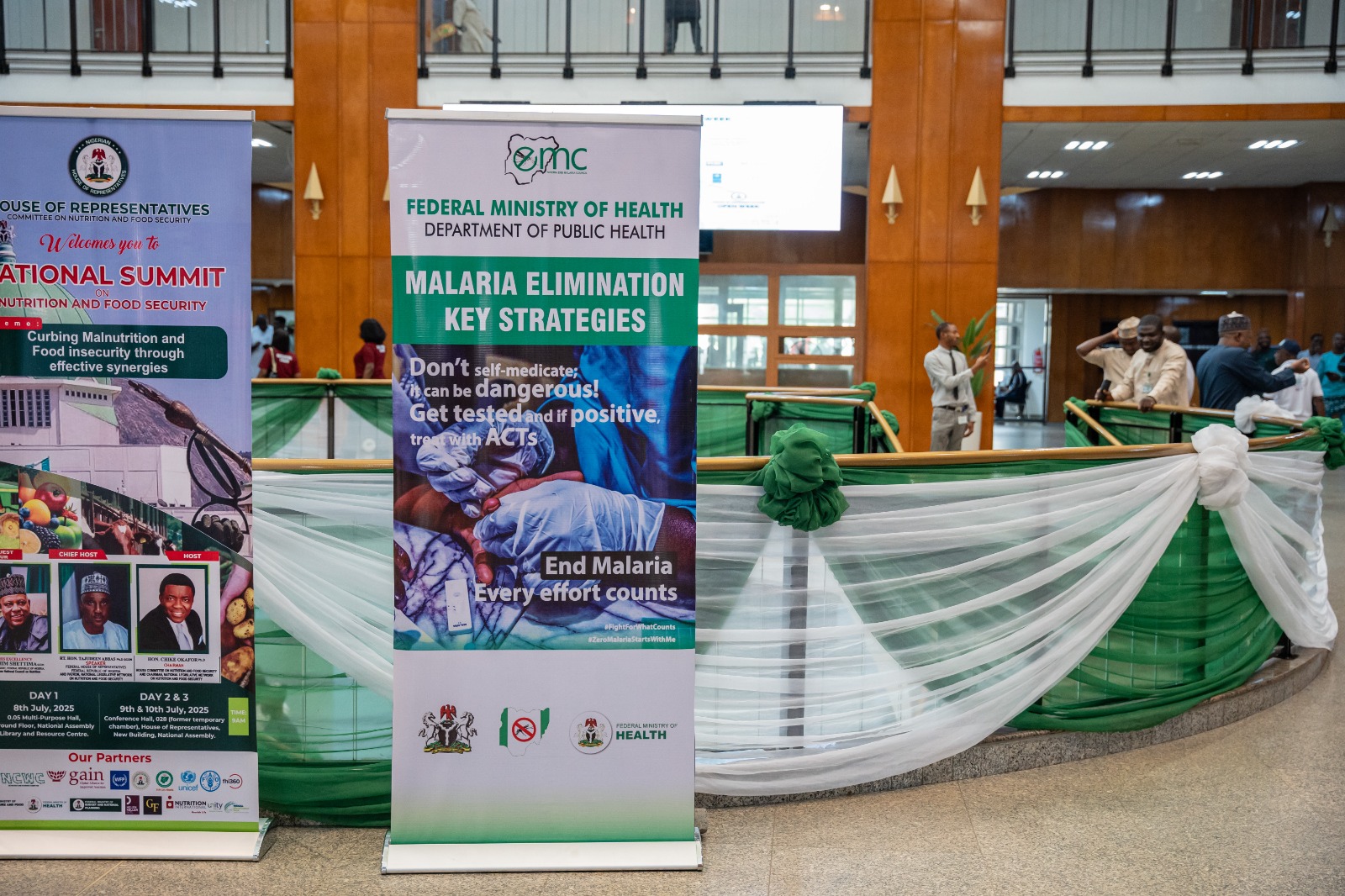
“By embedding reserved seats into our Constitution, we will break the cycle of stagnation,” Speaker Abbas stated. “This mechanism will accelerate progress towards gender parity and ensure the National Assembly truly reflects the people it serves.”
He cited historical data showing that women’s representation has stagnated below 5% since 1999, despite accounting for half of Nigeria’s population.
The Speaker concluded by calling on Nigerians to see the legislature as their own and to engage constructively in shaping national policy.
“Democracy thrives when citizens and institutions work in concert,” he said. “The mid-term scorecard we present today serves as both a mirror and a compass.”
The National Assembly Open Week, which runs from July 8 to 10, features thematic sessions on food security, youth participation, constitutional reform, the economy, and gender representation. It aims to foster transparency and reconnect citizens with the inner workings of the parliament.
Written by: Democracy Radio
#Abbas Tajudeen #DemocracyRadio #NASS #Reps
Similar posts
Copyright Democracy Radio -2024

